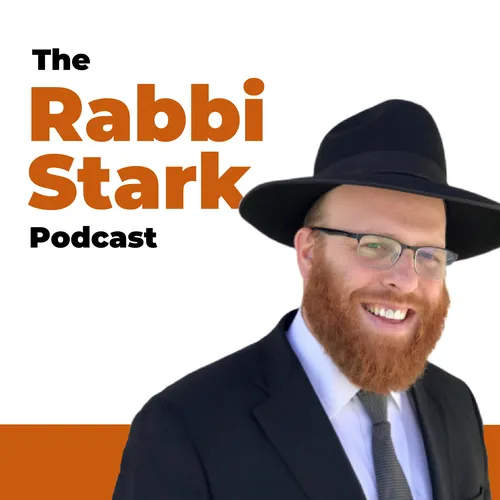
The Rabbi Stark Podcast
Tired of the mundane? Ready to inject some spirituality into your life? Welcome to The Rabbi Stark Podcast. The Mashgiach—formerly of Aderes Hatorah (Senters) and currently of Mishkan Shmuel—is sure to inspire you with his weekly "schmoozim" on topical subjects which will both enlighten your mind and invigorate your soul. Uploaded weekly. For questions, comments, and concerns email [email protected]. To access additional series and the archives visit https://bit.ly/RabbiStark.
- Update frequency
- every 3 days
- Average duration
- 37 minutes
- Episodes
- 386
- Years Active
- 2019 - 2025
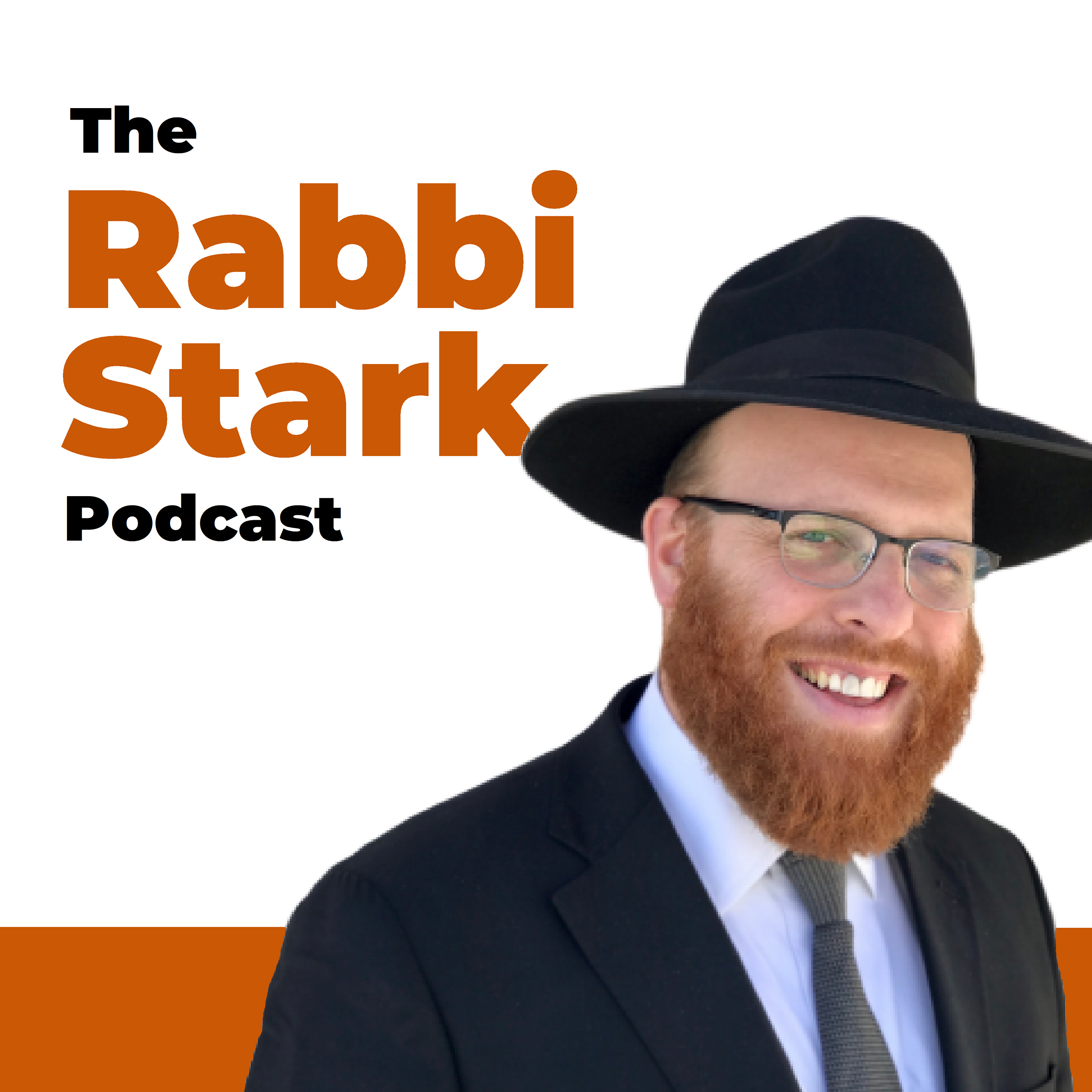
Shnayim Mikra And Shabbos Hachanos (Shabbos IX)
We are all familiar with Shnayim Mikra v'Echad Targum but have we ever thought about it as a Hachana for Shabbos?
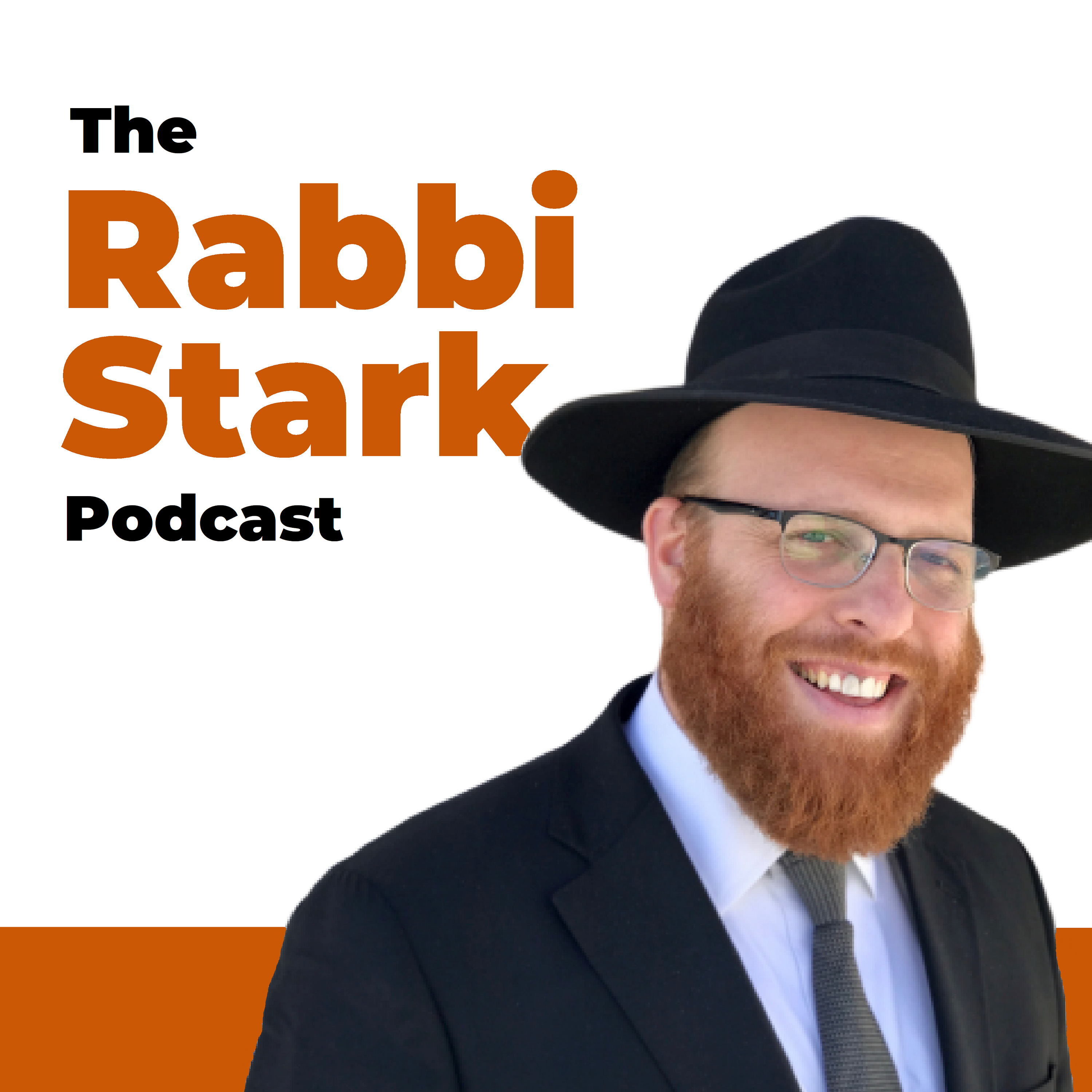
You're Blocking My View (Sukkos II)
Between Simchas Beis Hashoeva and the mitzvah to visit one's Rebbi over Sukkos, there seems to be a special focus on seeing the faces of tzadikim over this Yom Tov. The Mashgiach explains why.
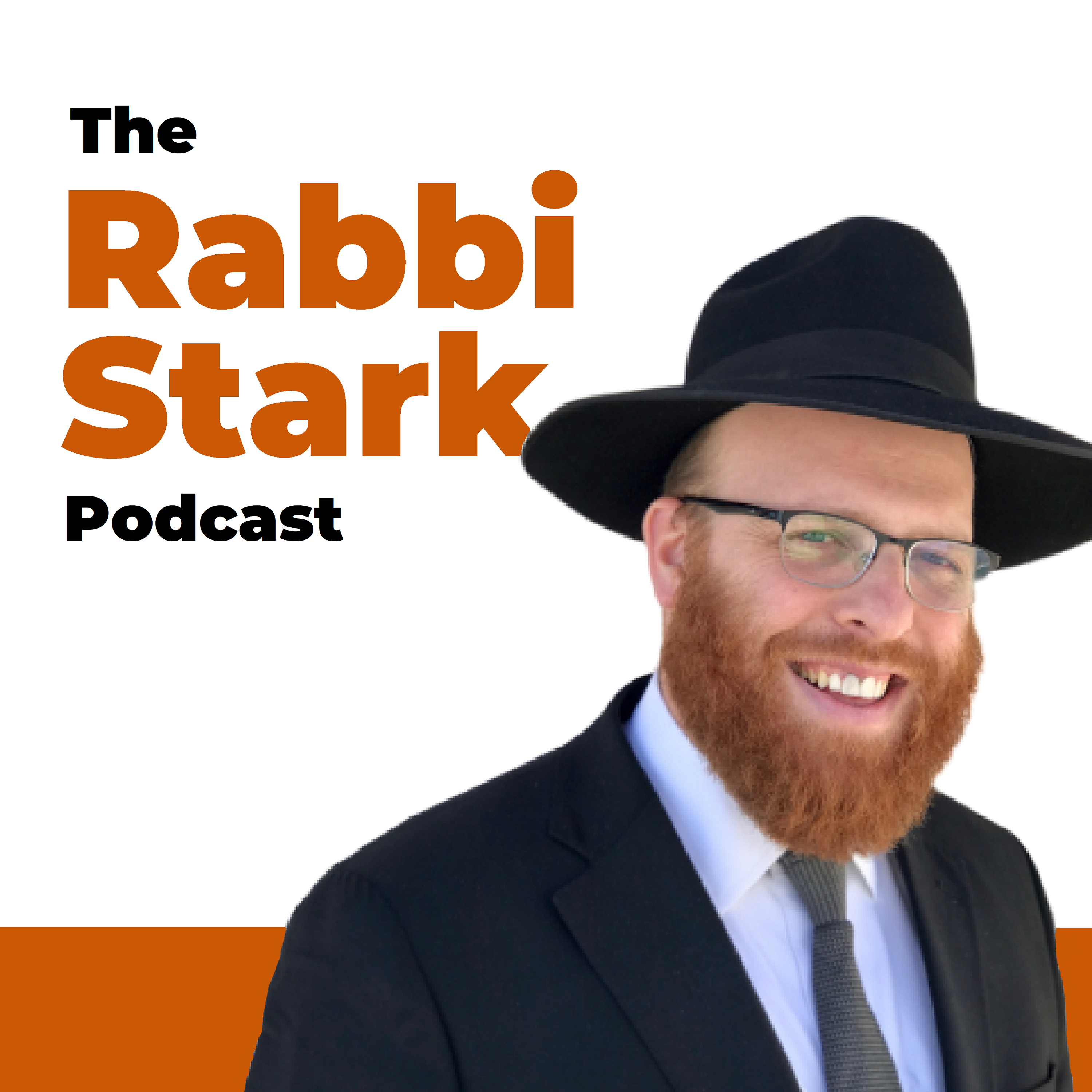
Invited By Your "Guests" (Sukkos I)
Sukkos is the synthesis of the things we committed to work on during the Yamim Noraim and how the Ushpizin help us to accomplish them.
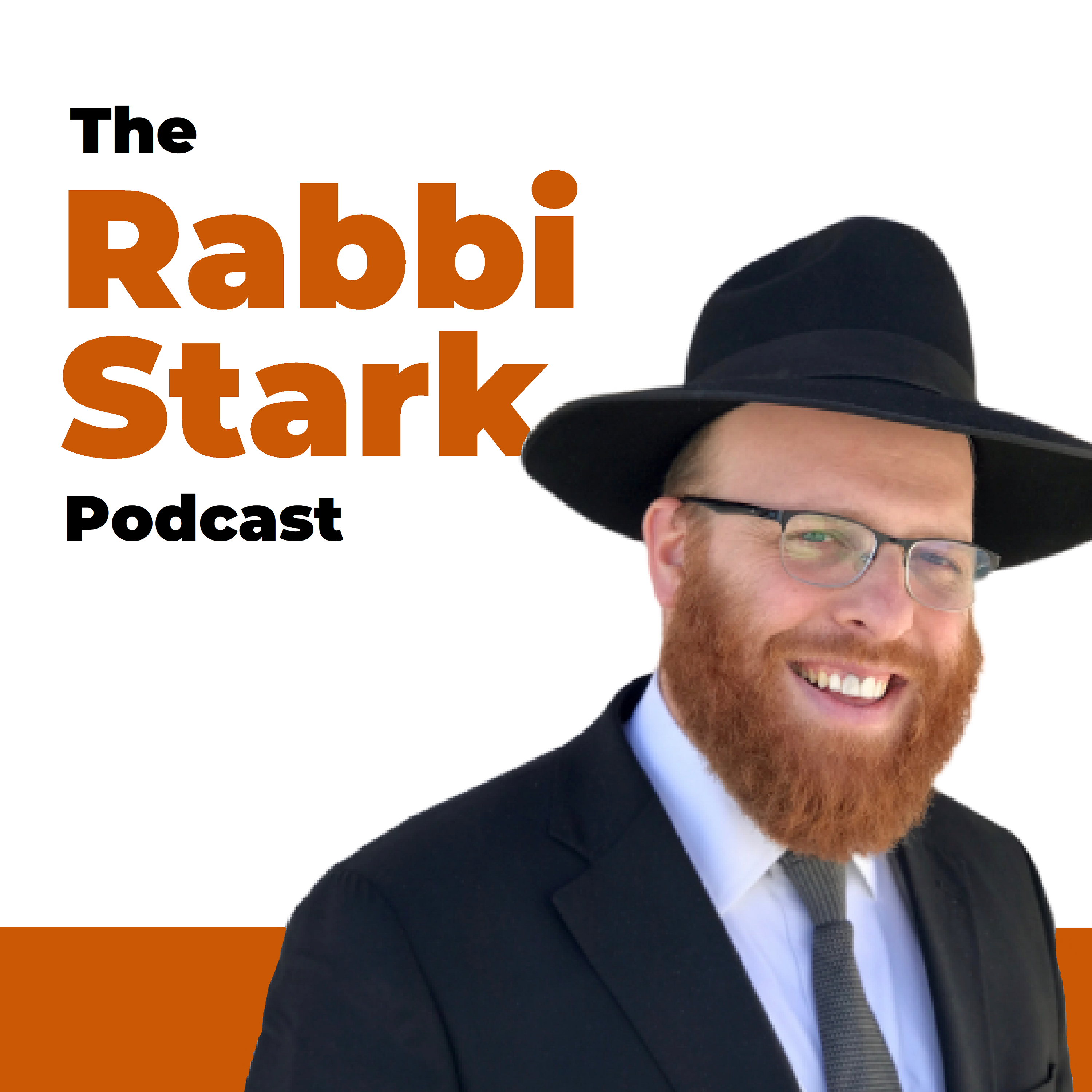
Trust The "Busha" (Aseres Yemei Teshuvah)
We all want to improve but what can we do and where do we even start?
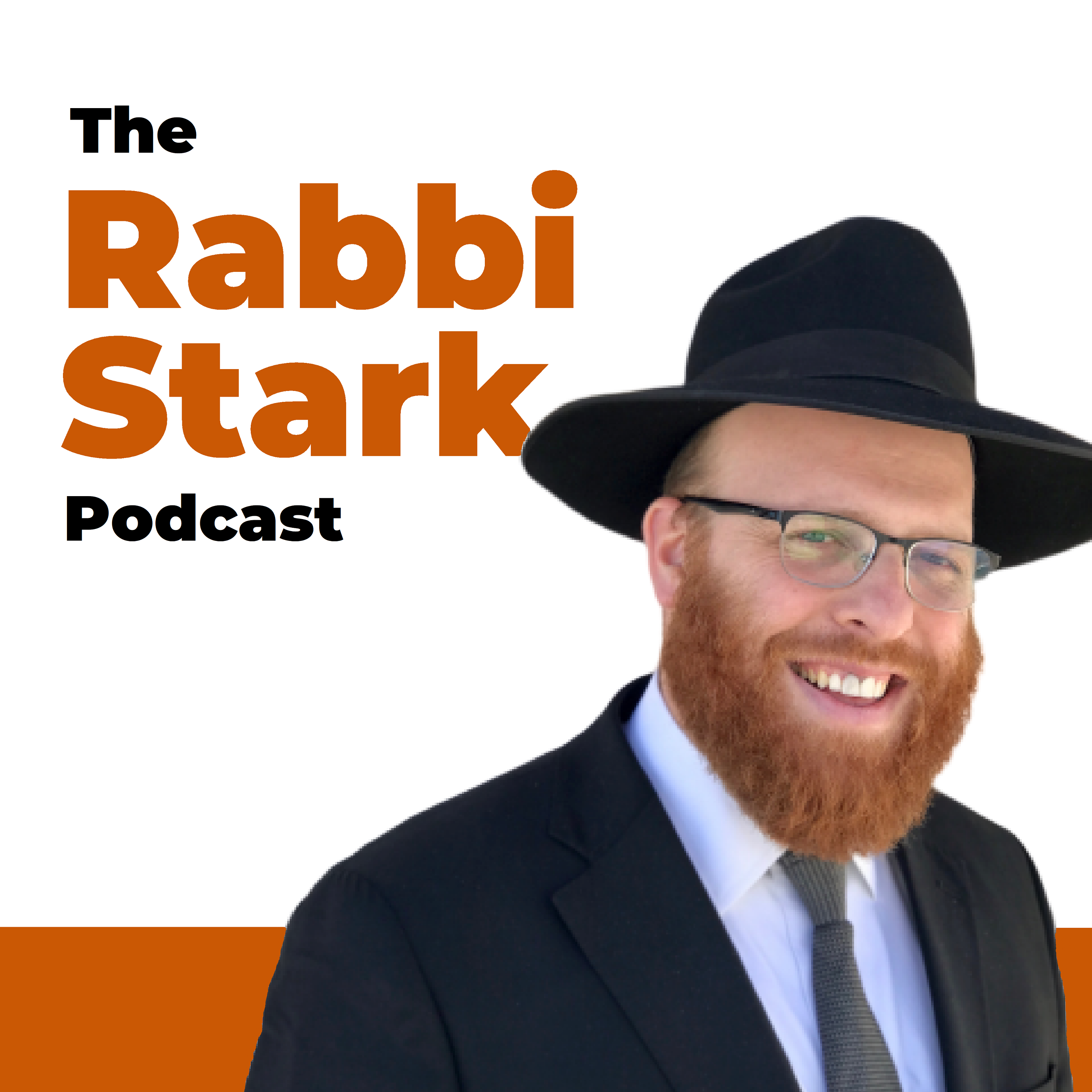
An Emotional Rollercoaster (Rosh Hashanah)
Many of us may experience an emotional rollercoaster over Rosh Hashanah but really it should be a day of "simcha" and rejoicing.
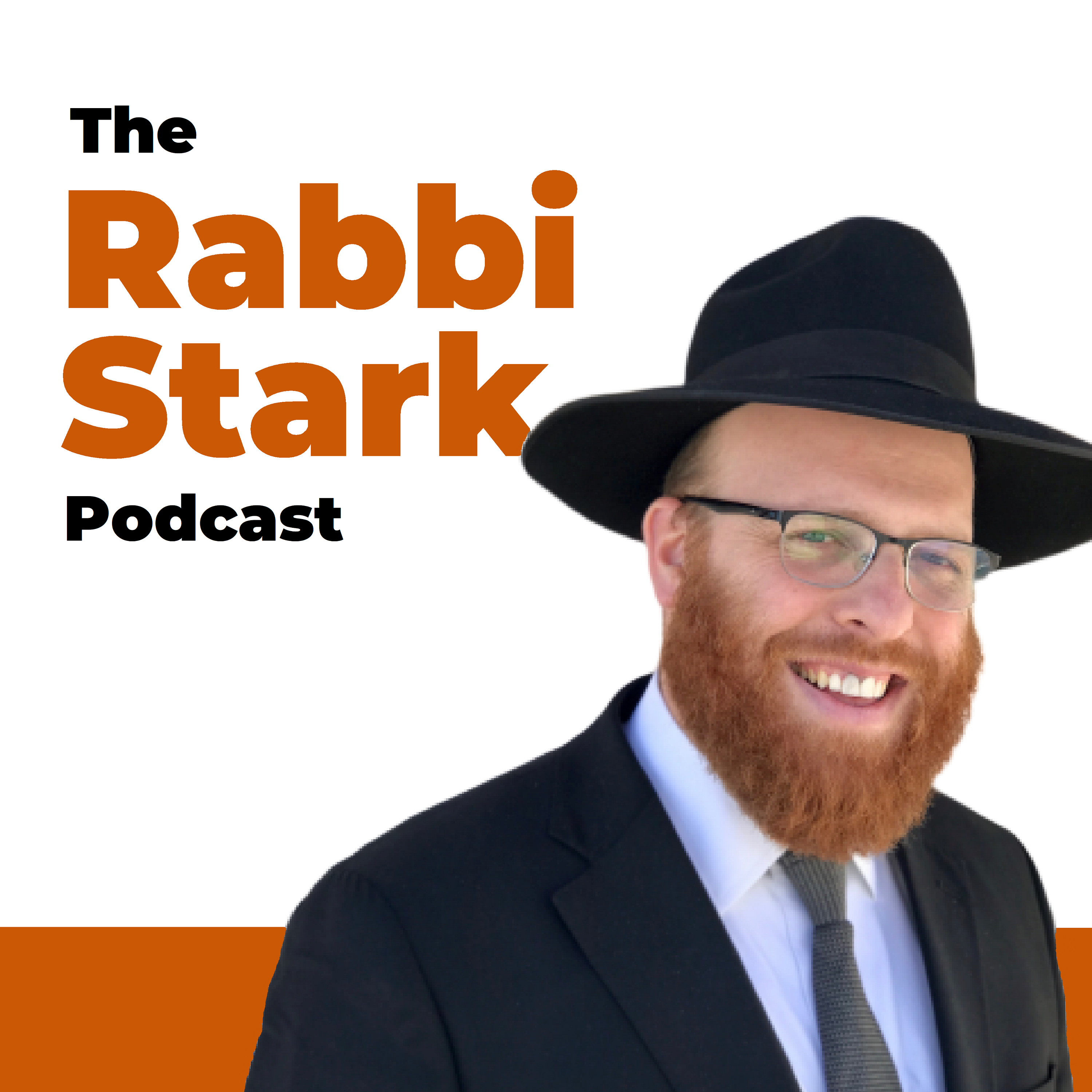
Explained (2 of 2): The Yud Gimmel Middos HaRachamim
Just like the child who dumps a bowl of meatballs of their face, the "schmutz" makes them cuter. So too we want Hashem to view our sins in a way which endears us to him.
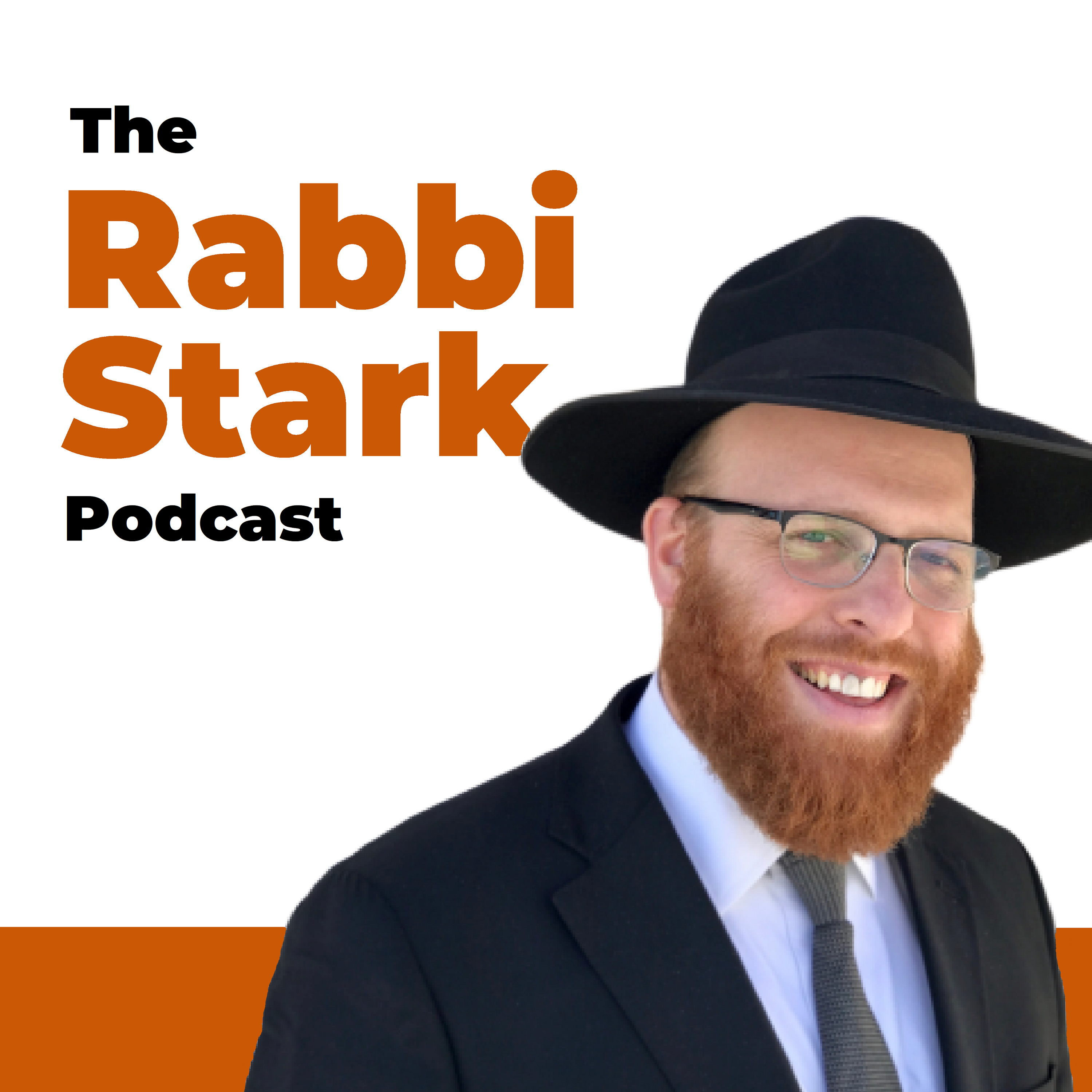
Explained (1 of 2): The Yud Gimmel Middos HaRachamim
Just like the child who dumps a bowl of meatballs of their face, the "schmutz" makes them cuter. So too we want Hashem to view our sins in a way which endears us to him.

Lo BaShamayim (Nitzavim - Parsha Principles)
How do we reconcile diametrically opposed opinions in the Torah and how does the fact that Torah is not "in the heavens" answer this question?

Process Over Perfection (Elul III)
Especially in Elul, when we are all trying to strive for perfection, it is important to remember it is the journey itself which allows one to truly grow.

The Pursuit Of Simcha (Ki Savo - Parsha Principles)
The Torah in this week's parsha says that the curses listed in the Tochacha will come if one fails to serve Hashem with "simcha"—what is simcha and aren't there worse sins one can do?

Chasing Greatness (Elul II)
If you ever want to change and become great you can't wait for "greatness" to find its way to you, you need to get out there and chase it!

Tackling Shiluach Hakan (Ki Teitzei - Parsha Principles)
We all know Shiluach Hakan is a "chok" but is there any explanation which can help us understand the reasoning behind it?
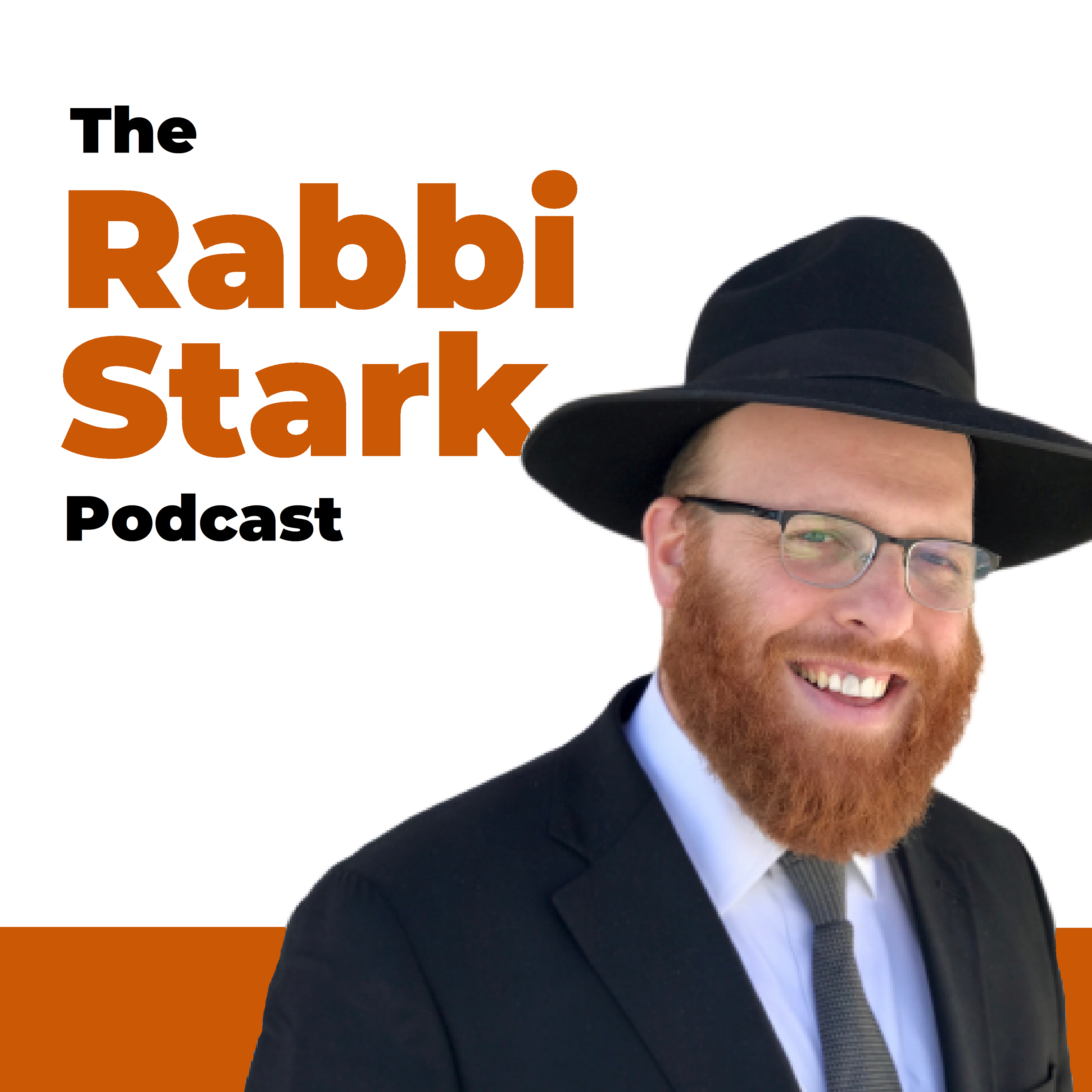
Harotzeh B'Tshuvah, The "Chiddush" Of Elul (Elul I)
Every single relationship in existence has a point which, if passed, there is no coming back from. Except for one, our relationship with Hashem.
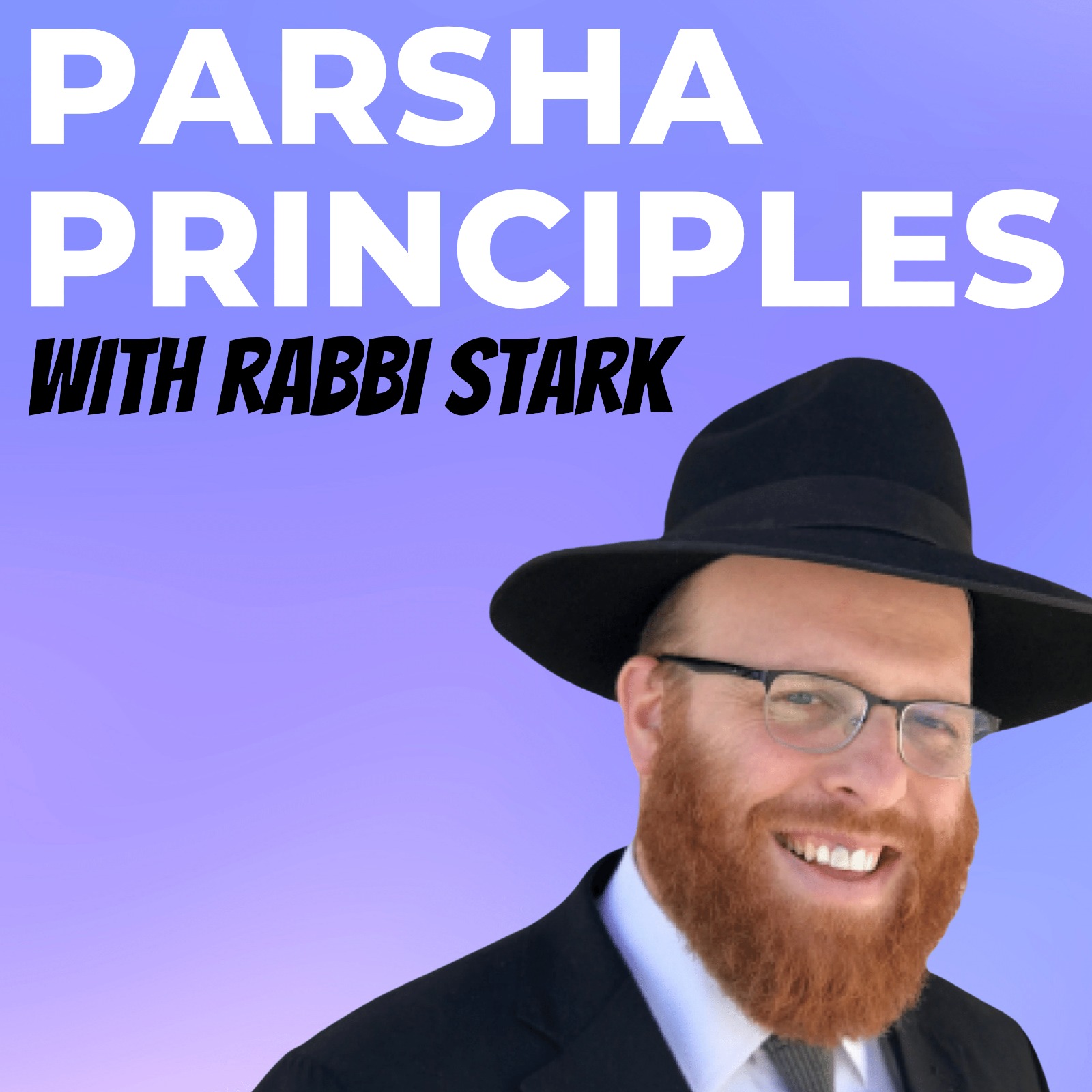
Am Segulah: Above The Zodiac (Shoftim - Parsha Principles)
The Torah perspective on witchcraft, astrological signs, and what it means to be "The Am Segulah."
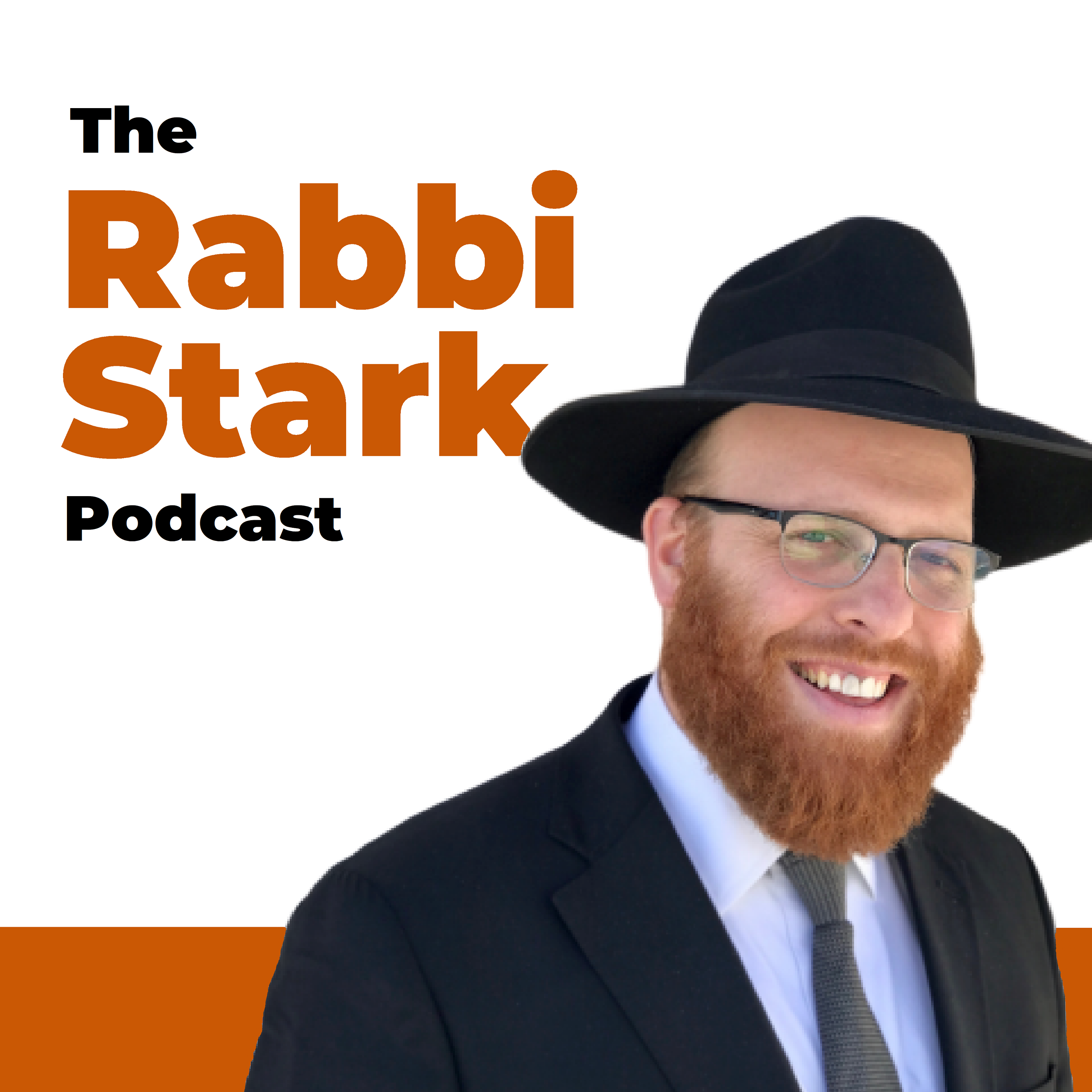
Fingernails And Shabbos Details (Shabbos VIII)
What does the cutting of one's nails have to do with Shabbos? The deep connection may surprise you. . .
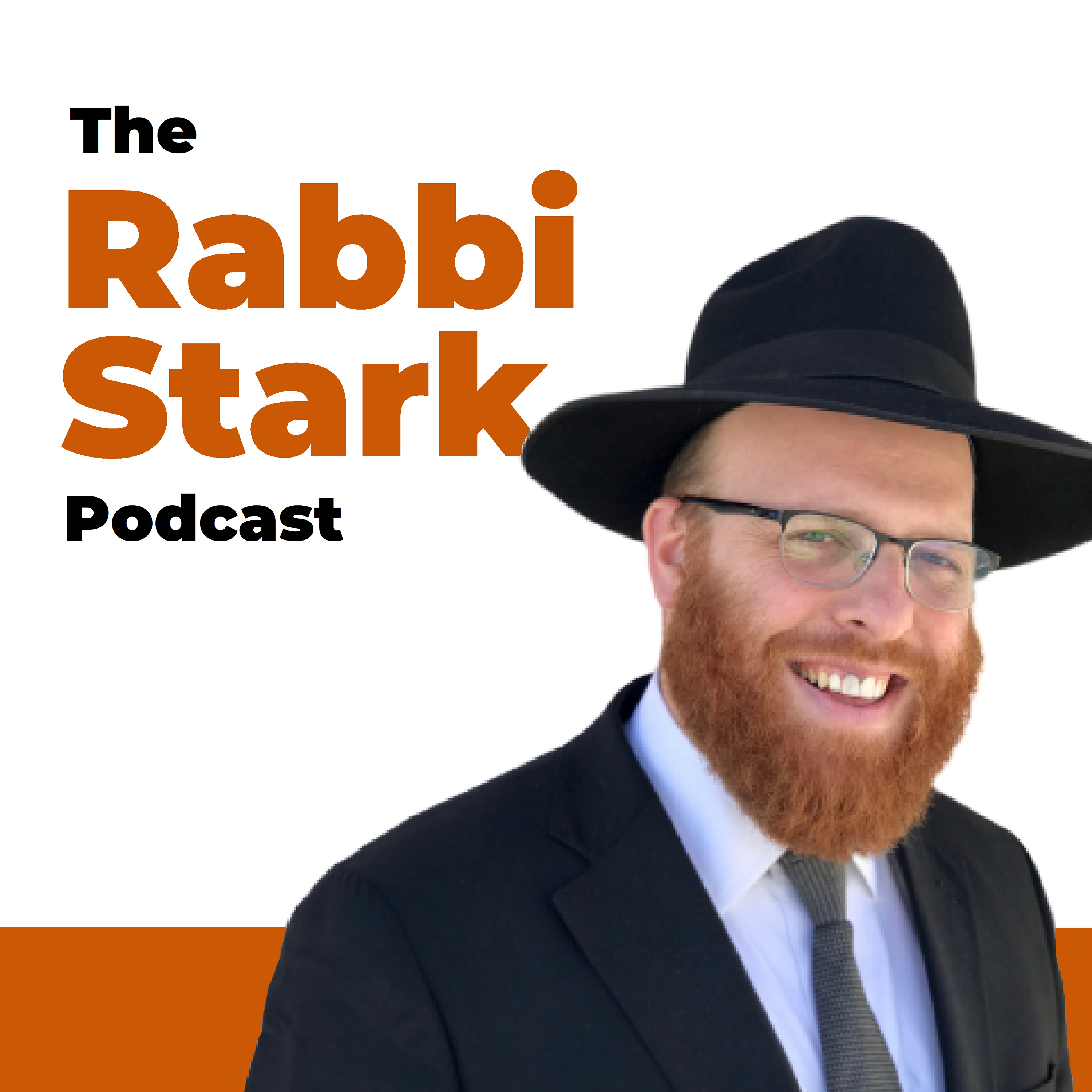
Yom Shekulo Shabbos Prep (Shabbos VII)
What does it mean to truly "prepare" for Shabbos, as well as for yom shekulo shabbos?

The Rabbi Akiva Perspective
How and why Rabbi Akiva was so unique in his world view.
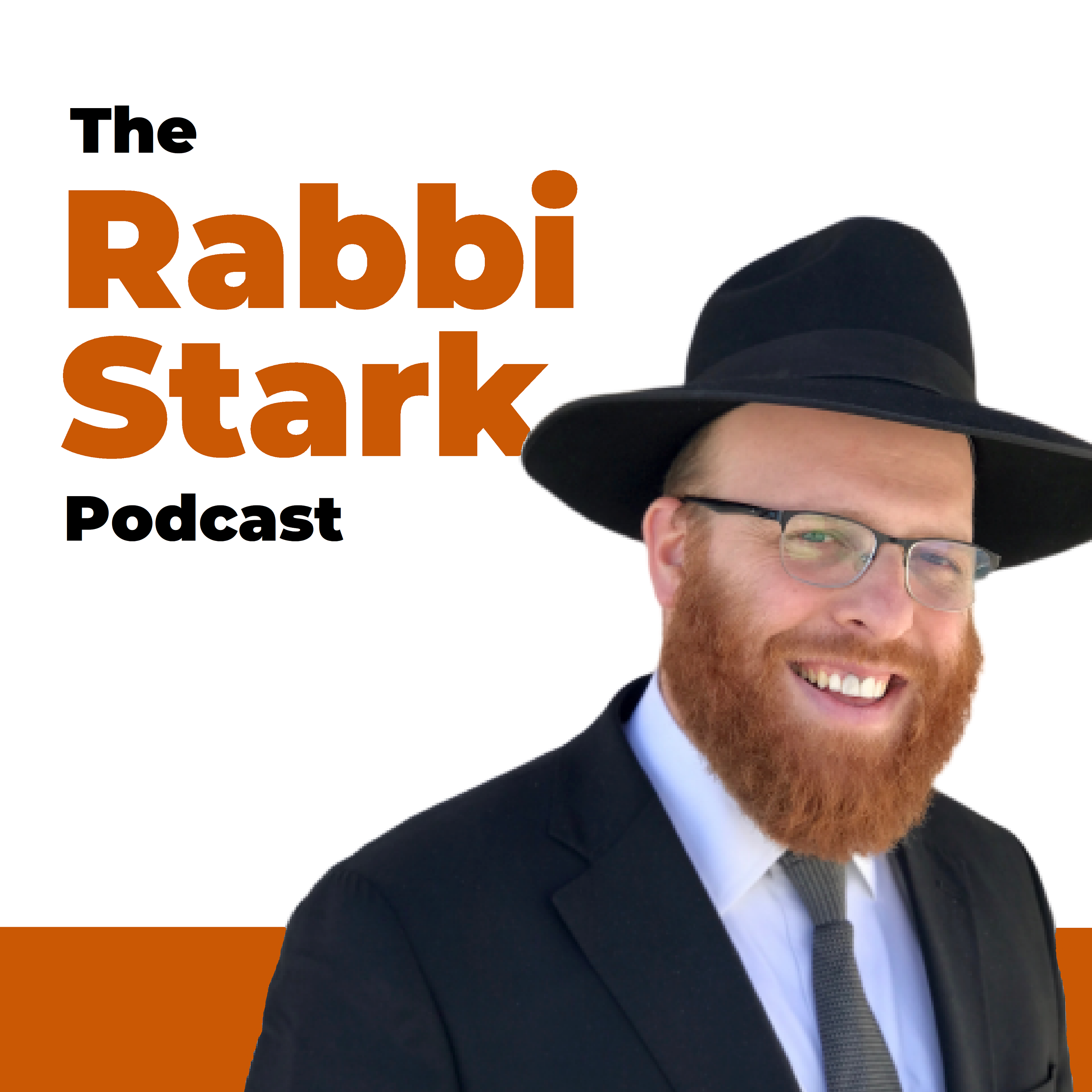
Slow Down And "Shabbos" (Shabbos VI)
In this final Shabbos segment the Mashgiach discusses what it means to "just Shabbos."
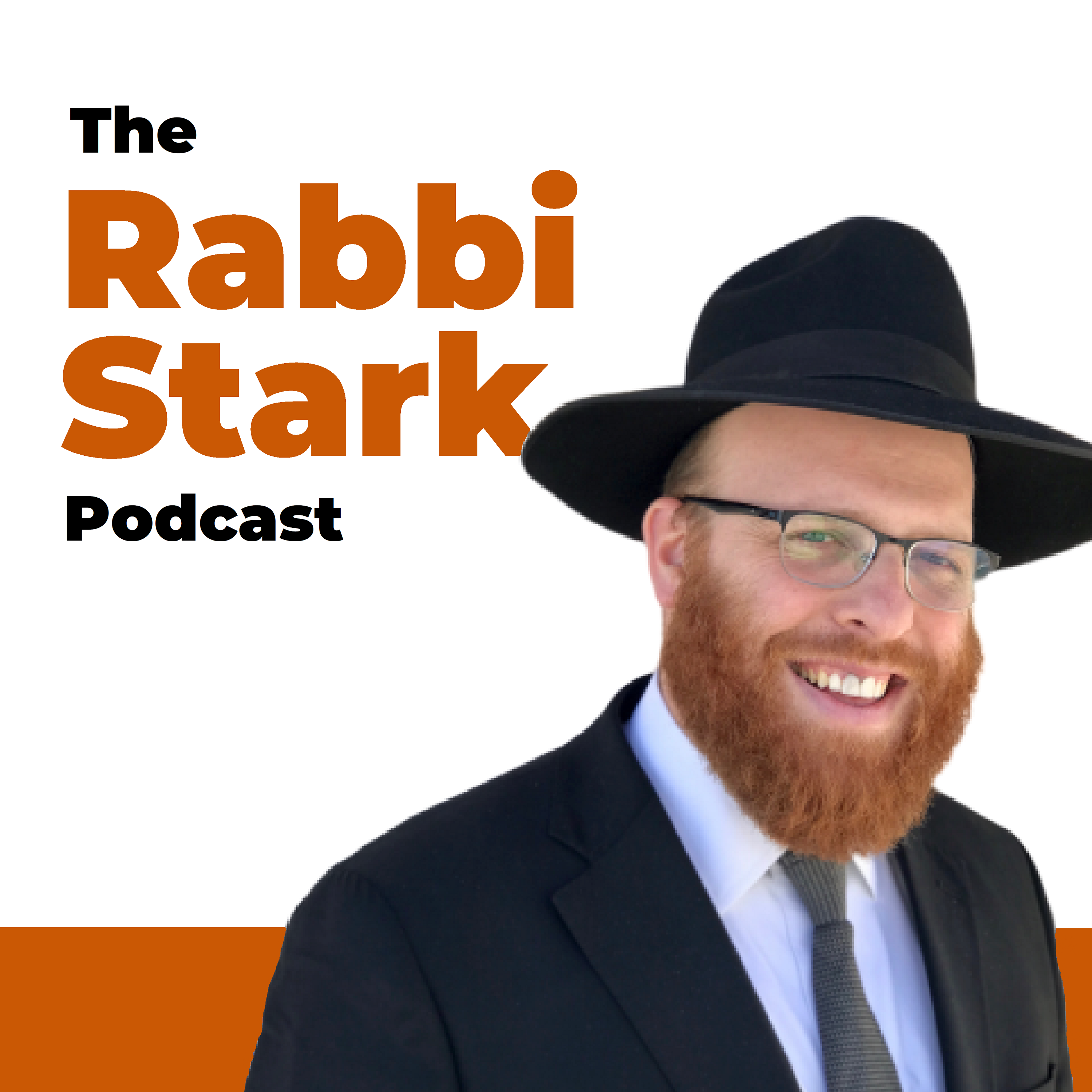
The Shabbos Connection (Shabbos V)
Approaching Shabbos from a different perspective can allow one to have an incredible connection with it, as well as with Hashem.

Pinchas, Shabbos, And The Bris Shalom (Pinchas - Parsha Principles)
The reward for Pinchas' seemingly vicious act was the bris shalom. What does "shalom" mean and how does that even work?